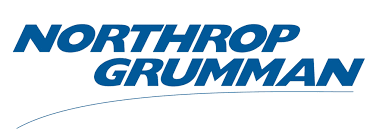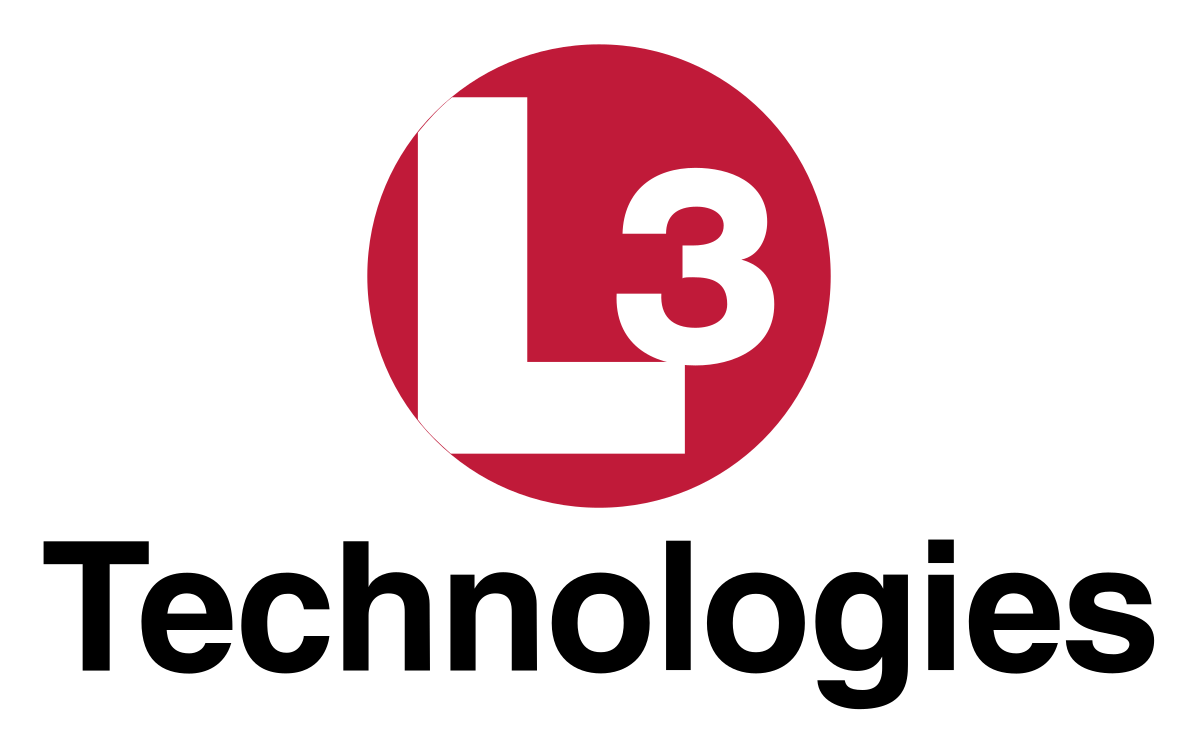
Convert Fortran to C++
Fortran has been a fundamental language for scientific, engineering, and computational applications. It has powered critical systems in various industries, including aerospace, weather forecasting, and numerical analysis. Consequently, there are extensive Fortran codebases supporting essential systems today. Many of these systems, developed over decades, now require updates to meet modern technology demands and evolving business needs. To protect the software investment
One way to protect the software investment is to convert the Fortran applications to C++ language and combine it with new development written in C++. Fortran to C++ Changer by Mapusoft makes this simple by providing a software tool that achieves this goal. Fortran to C++™ converts Fortran code to C++ code automatically without any need for human intervention

MapuSoft’s Cobol-JAVA Changer Features :
- Automatically convert Cobol code to JAVA and re-deploy your application.
- Eliminate the need for a costly and tedious code re-write for extensive cost and time savings.
- Error free tool that prevents mistakes made in the error prone task of a manual rewrite.
- Preserves Cobol comments, files structures and variable names for easier code maintenance. Converts Cobol generics to JAVA templates (In some cases, Cobol generic can become a non-generic/non-template depending on original code).
- Supports Cobol tasking and rendezvous constructs. Supports Calendar, System, Unchecked_Conversion, Record Representation Clauses, Variant Records, Declare Block Statements, Cobol Tick Functions, Renames (for packages, variables, records, and types), “use” for packages and types, Cobol Strings, access (including access all, access procedure, nested subroutines).
Add-on tool features and re-factoring services :
- Generate design documents of existing & new code. Transform Database and User-Interface implementation.
- Remove dead or redundant code/data. Merge and consolidate duplicate code/data.
- Reorganize and improve design in new code/data. Remove flaws in new code that originally existed in old .
- Create reusable optimization/packaging/redistribution modules.
- Integrate with modern parallel/multi processing and distributed/N-Tier operational environments.
- Modernization of legacy systems to multi-tier architectures.
- Modernization of flat file, hierarchical and legacy databases.
- Modernization of legacy UI to web or other modern UI.
- Re-factor to improve maintainability, security and performance.
- Custom pattern-based changes. Migration to modern cloud architectures.
- Testing & integration support solutions.
- Extraction of business rules from legacy systems







